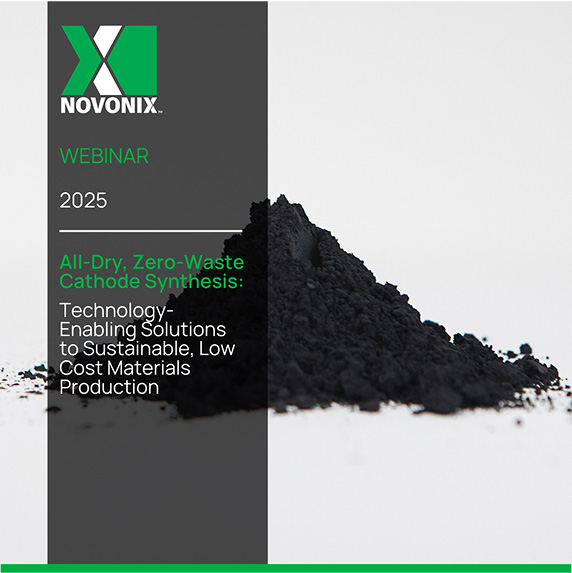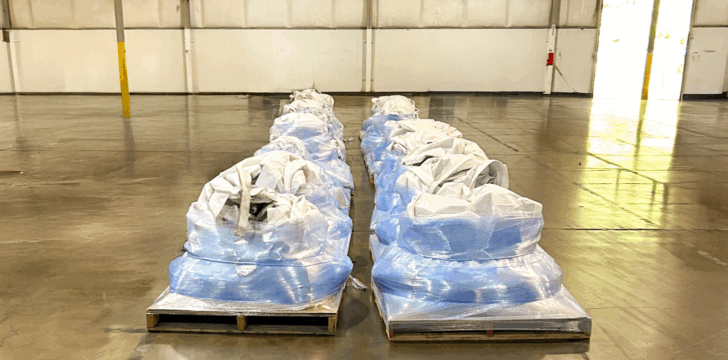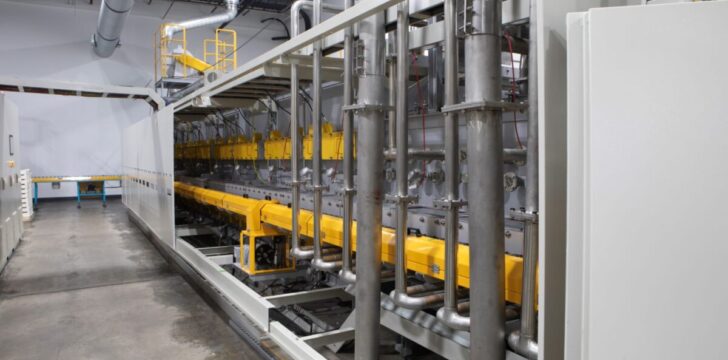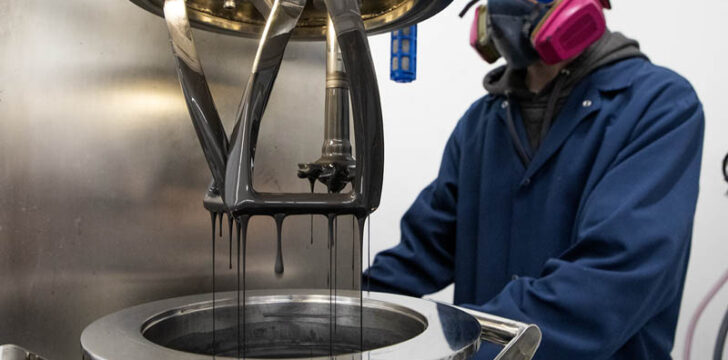The cathode is the positive electrode in a lithium-ion battery (or any electrochemical cell) and is a key component in determining battery performance. During discharge, the cathode undergoes reduction (it gains electrons from the external circuit) while lithium ions leave the anode and enter the cathode’s structure. Common cathode materials in Li-ion batteries include lithium metal oxides such as NMC (Lithium Nickel Manganese Cobalt Oxide), NCA (Lithium Nickel Cobalt Aluminum Oxide), LFP (Lithium Iron Phosphate), and others. The choice of cathode material influences the battery’s energy density, voltage, lifespan, cost, and safety. For example, NMC offers high energy density, safety, cycle life, and rate capability, but is modestly priced due to its reliance on critical minerals. LFP has lower energy density and lower cost..
NOVONIX is deeply involved in cathode material research and testing. Through its work, NOVONIX evaluates new cathode chemistries and formulations, assessing properties like capacity, voltage profile, and stability at a variety of temperatures and testing conditions. Using advanced techniques, including high-precision coulometry and impedance spectroscopy, NOVONIX can pinpoint how subtle changes in cathode composition or structure affect degradation rates. Additionally, NOVONIX’s patented, all-dry, zero-waste cathode synthesis technology represent a cutting-edge approach to sustainable manufacturing of cathodes materials. By improving cathode materials and production techniques, NOVONIX contributes to batteries that deliver higher performance while also addressing cost and environmental impact.




